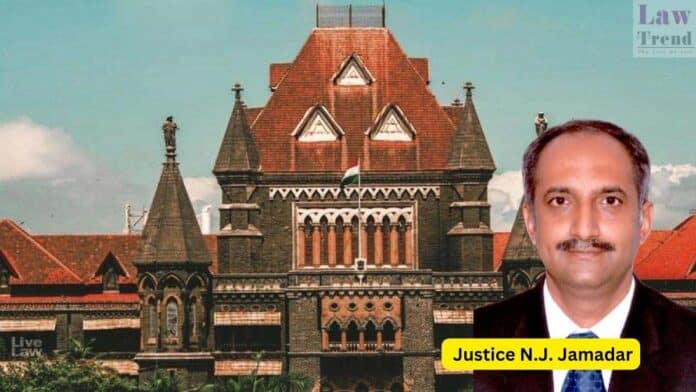In a significant ruling, the Bombay High Court has held that a person convicted of causing dowry death is disqualified from inheriting the property of the deceased wife under Section 25 of the Hindu Succession Act, 1956. The judgment, delivered by Justice N.J. Jamadar on July 2, 2024, in Testamentary Petition No. 807 of 2020,
To Read More Please Subscribe to VIP Membership for Unlimited Access to All the Articles, Download Available Copies of Judgments/Order, Acess to Central/State Bare Acts, Advertisement Free Content, Access to More than 4000 Legal Drafts( Readymade Editable Formats of Suits, Petitions, Writs, Legal Notices, Divorce Petitions, 138 Notices, Bail Applications etc.) in Hindi and English.




